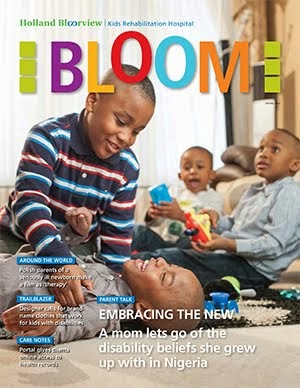While developing his scientific theories, he lived with his family and raised six children in the original community of L’Arche in Trosly Breuil, which brings together adults with intellectual disabilities and young adult volunteers known as assistants.
In the next BLOOM, I interview Le Pichon about the value of weakness and fragility – whether in the earth’s rock or in people and communities. Here's a sneak peek:
BLOOM: In a recent interview, you said that fragility and empathy are what define us as people. This is different from the philosophers who said cognitive ability makes us human, or from values today that associate worth with money, social status or physical strength.
Xavier Le Pichon: What I discovered is that the major difference between human societies and other societies of living beings is that humans have a capacity for empathy, which leads them to take care [over the long-term] of those who have been affected by major suffering and handicaps.
I was very impressed by studies of skeletons of 100,000-year-old humans which demonstrated that these people took care of heavily handicapped people [for decades]. This is most remarkable as these people were nomad, hunters-gatherers who lived in groups of 20 to 25 people at most.
Since then, [I’ve tried to answer this question]: What motivated these people to permanently change their [way of] life to take care of a crippled man who could neither walk, nor feed himself? It appeared to me that the most revealing aspect of human societies was that they take care of those who – when considered on the sole basis of immediate utility – appear to be “debris” that should be discarded.
Taking care of fragile and vulnerable individuals has revealed to humans [our] own fragility and vulnerability. We have come to see that [a person's] importance in the community is not only and primarily related to productivity, but to the tight network of relationships, of emotions, and more, deeply, of love, that is woven around that person. These affective bonds are created through everyday common life. Think for example of the place that an infant occupies within a family. This place is not related to the baby's productivity or the hope that he will one day be productive. It is related to the love that [grows] out of the relationship with him.

























3 comments:
I can't wait for the full interview and so envy you the personal connection!
I look forward to reading this! I love all the writing that you have done from your trip ... the people you have met and your interviews with them. Thank!
I have read about Le arche in writings of Henri Nouwen. I can't wait to red more on this topic.
Post a Comment